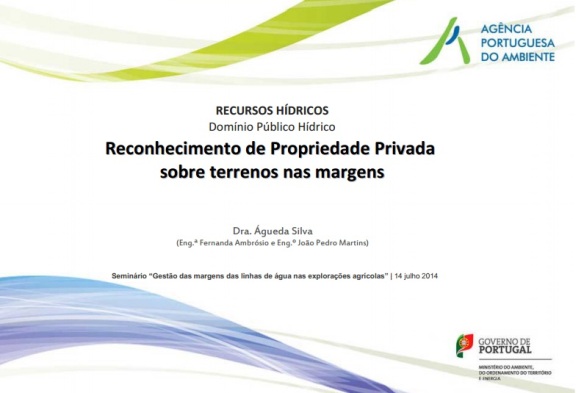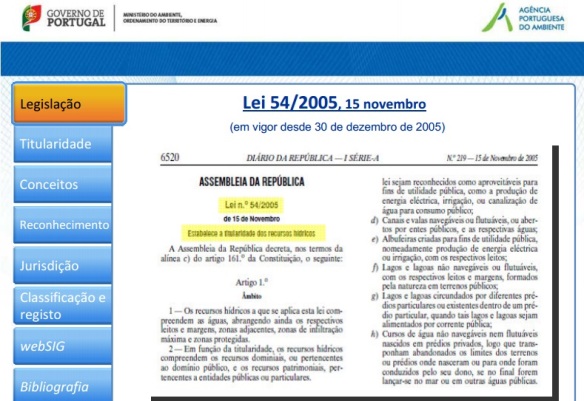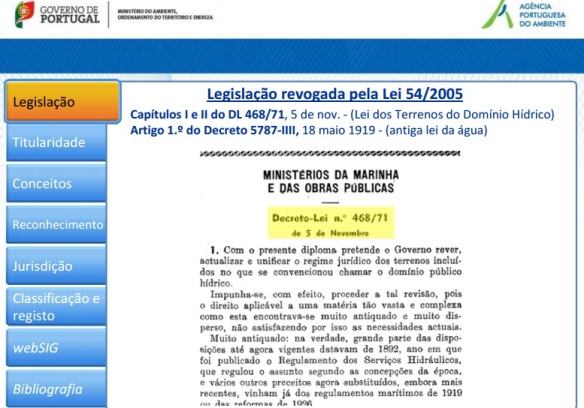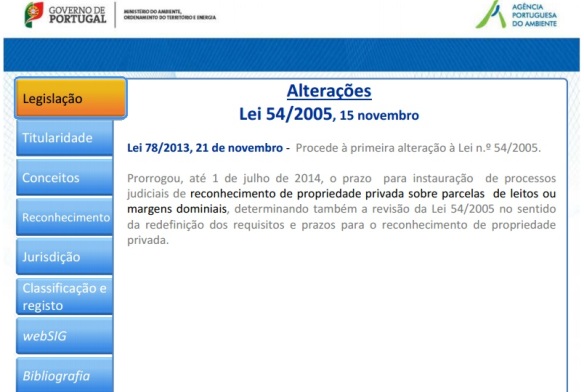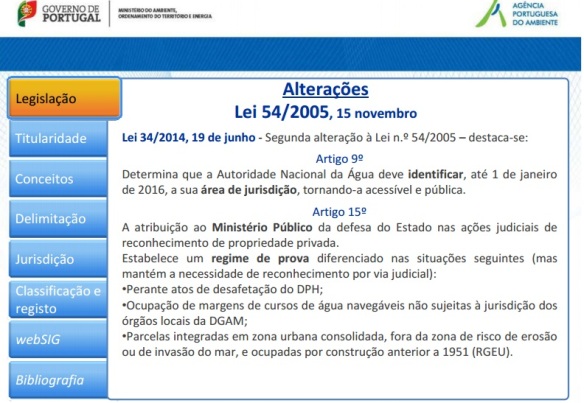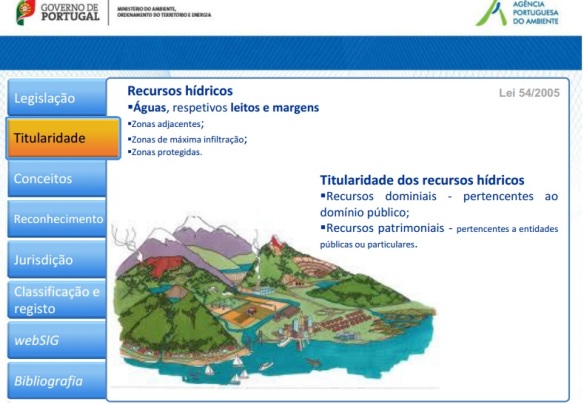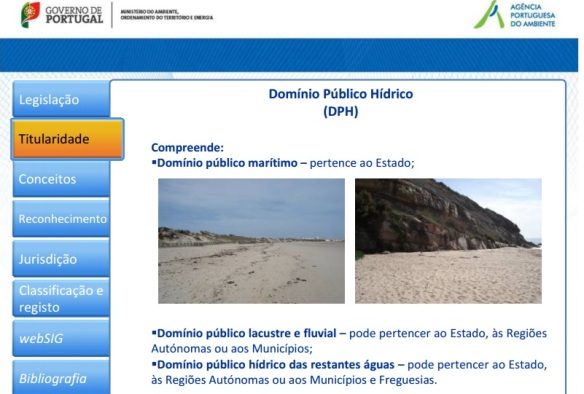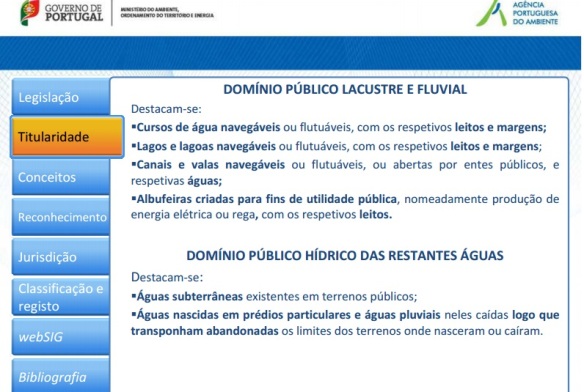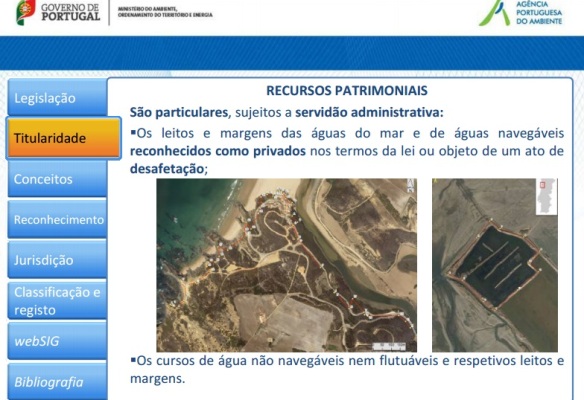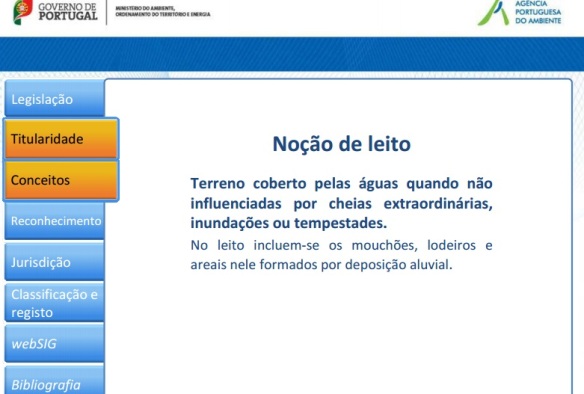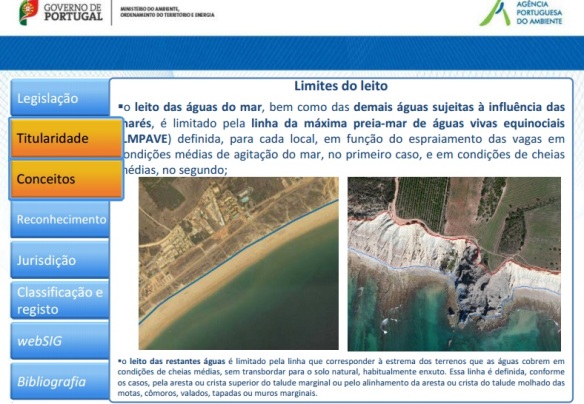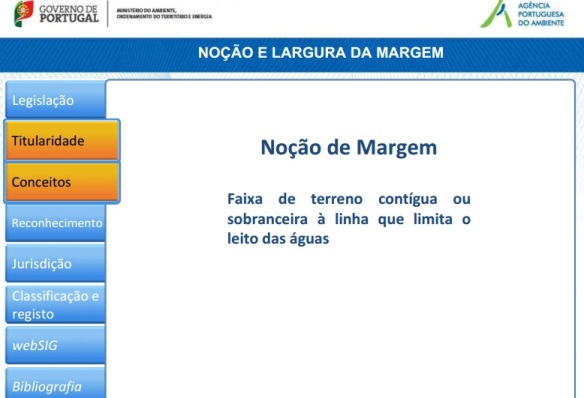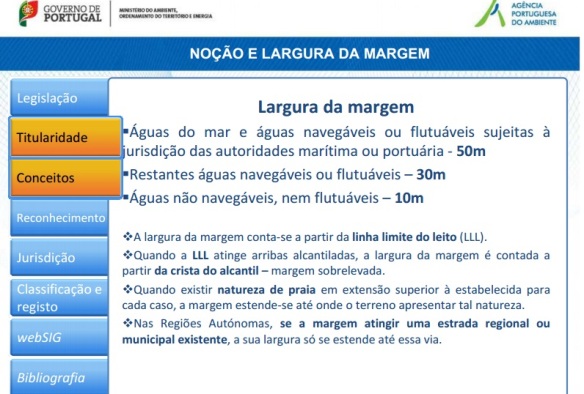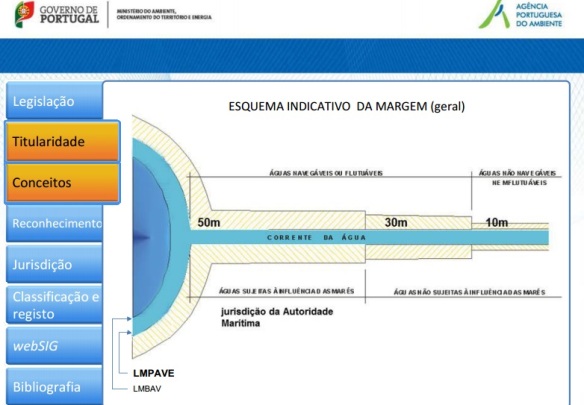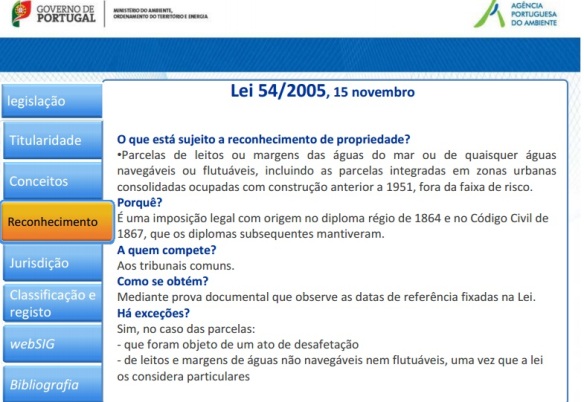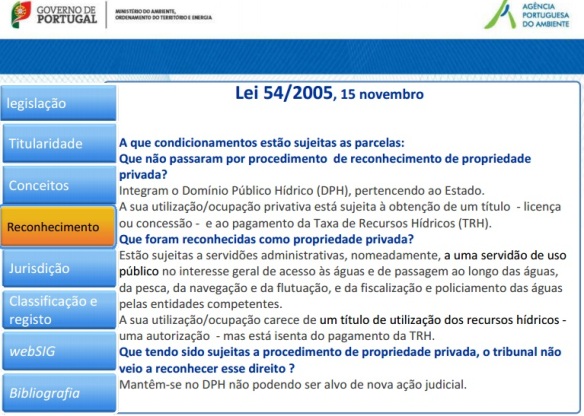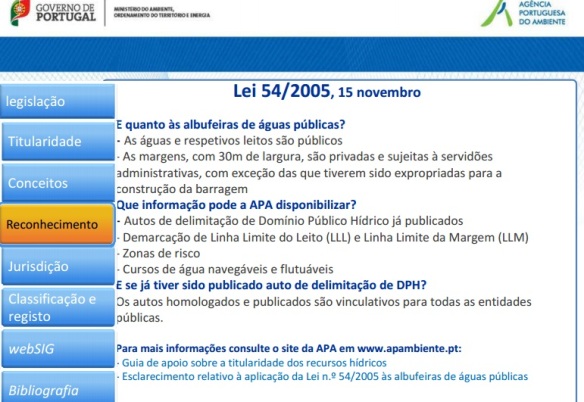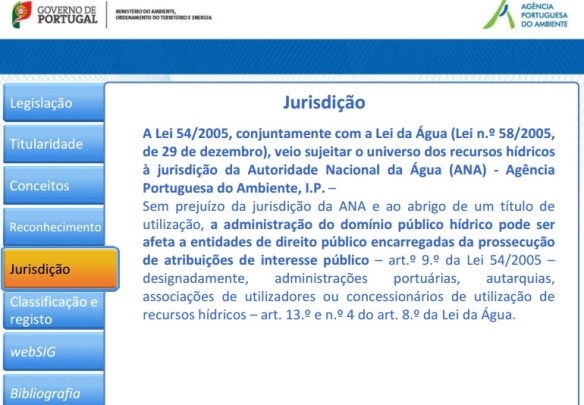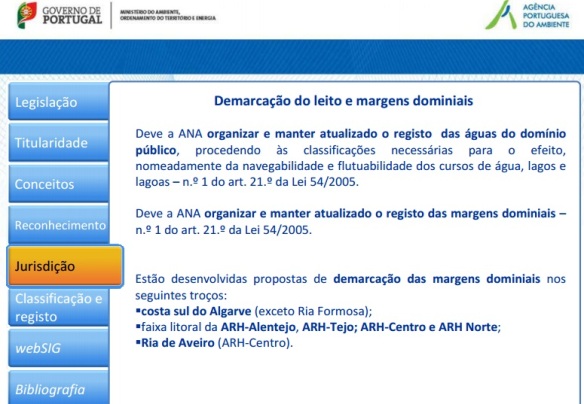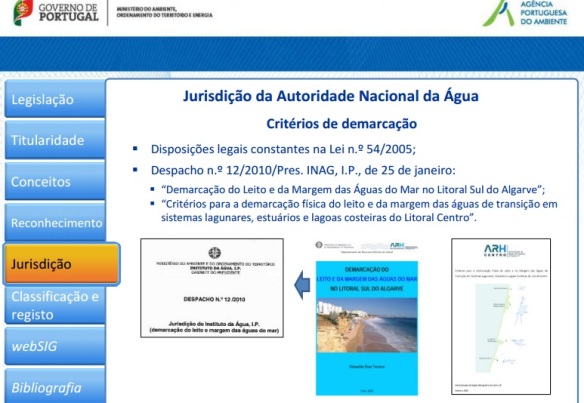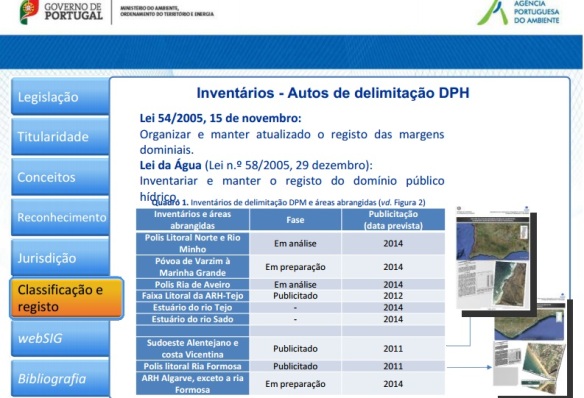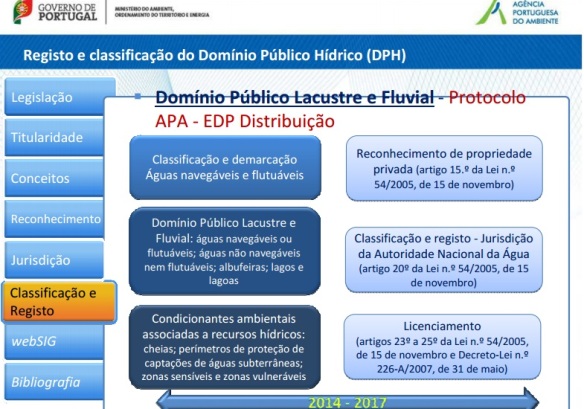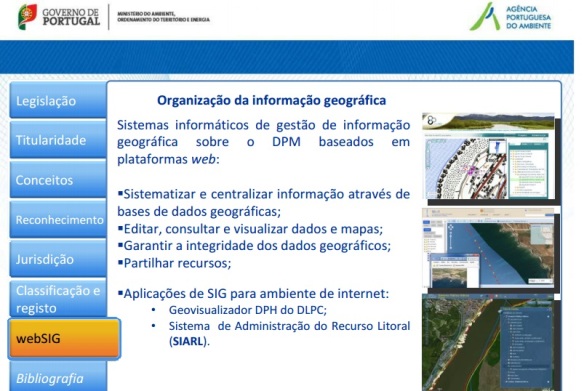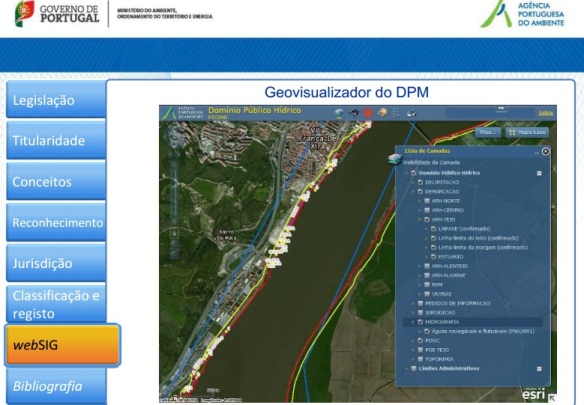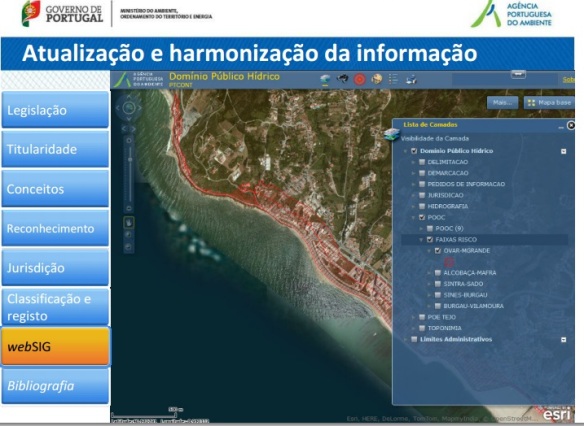FULL TEXT OF THE ARTICLE
Title: A storm is on the way
It’s not just Spain that’s looking to seize seaside homes — now Lisbon is in on the act
by Richard Torné Published: 18 May 2014
Portugal made the headlines for all the wrong reasons recently, after it emerged that hundreds of British expatriates could lose their homes thanks to a “land grab” law.
The main thrust of the legislation, dating from the 19th century but reintroduced in 2005, was that owners of waterfront properties needed to prove that the land on which their homes stood had been in private hands for the past 150 years — and they had until July 1 of this year to do so. If they could not, the state would seize their land, leading to the eventual confiscation of their homes.
Dubbed the “waterfront law”, it was meant to protect the landscape from the ravages of overdevelopment, not just along the coast, but on land 30 metres from lakes and rivers. But this was no consolation to thousands of property owners, who accused the government of effectively confiscating their holiday homes.
Earlier this month, however, following pressure from lobbyists, the Portuguese coalition government agreed to soften the most draconian aspects of the law. The majority of homes that were built before 1951, when licensing laws were introduced, are now exempt, as are properties in urban areas “consolidated with structures built before 1951” — in other words, old coastal villages. The July 1 deadline has also been scrapped.
Briton Paul Abbiati, who bought a £123,000 seafront house in Madeira in 2008, expressed relief at the concessions. “Our property was built before 1951, so we’re OK now, but it’s not the end of the story — our neighbours face expropriation,” he says.
It’s not yet clear what will happen to those who own waterfront properties built after 1951, and whether they will be threatened with expropriation. Under these conditions, it is unlikely that they will be able to sell their homes, either.
Manuela Netto Rocha, 78, who belongs to an association representing homeowners in Ericeira, on the coast north of Lisbon, says the amendment “is the best we can hope for now”. There are hints that the government may clarify the more ambiguous aspects of the law “in two or three years’ time”, but it will be for the courts to settle any future disputes.
Across the border in Spain, property owners are also suffering the fallout from the country’s notorious coastal law. The Ley de Costas was ostensibly drawn up in 1988 to protect the coastline, but it effectively nationalised the seashore — it allows the government to seize property, which could lead to the bulldozing of hundreds of thousands of expats’ homes.
The legislation also prevents owners from increasing the surface area or height of a seafront property. Yet in 2013, in the wake of widespread criticism and a damning EU report, concessions were introduced: structures are now permitted within 20 metres of the public coastal area, rather than the law’s original 100-metre minimum. but only “for certain urban areas” such as longstanding settlements and promenades.
One highly controversial aspect of the law is the rule expropriating private property built along the shore. This means the government can seize any private dwelling built on public land without paying compensation. In exchange, the homeowner is offered a lease of up to 75 years; owners of seafront structures with historical interest have until May 31 to apply for a lease or risk losing their property.
Sharp-eyed lawyers have pointed out that the Spanish government could, in reality, extend the lease for a far shorter period, from 5 to 10 years, then call time before the lease is up. Under such circumstances, it would be obliged to pay compensation, but only on a percentage of the lease’s remaining years — a fraction of the property’s true value.
Richard Torné is the editor of Costa Almeria News; canews.es

